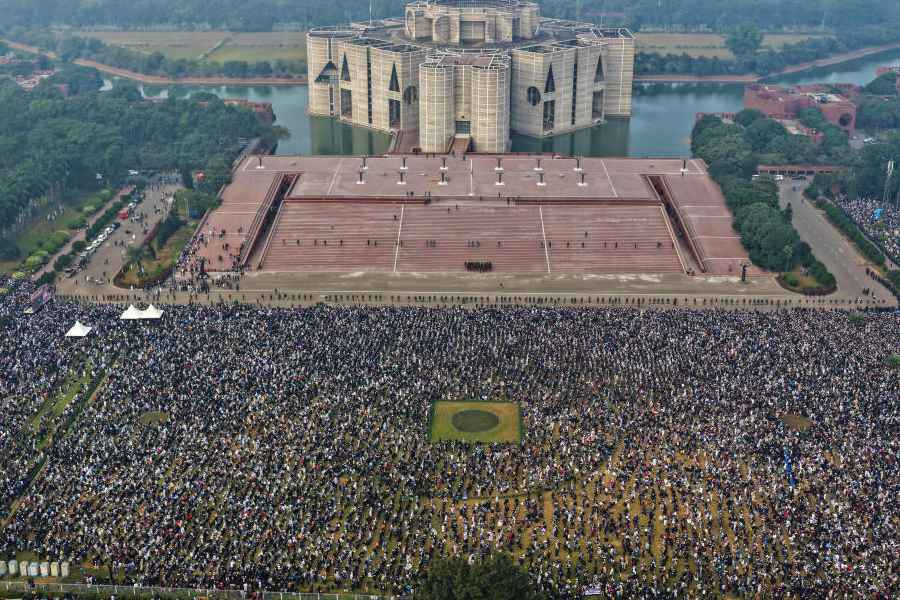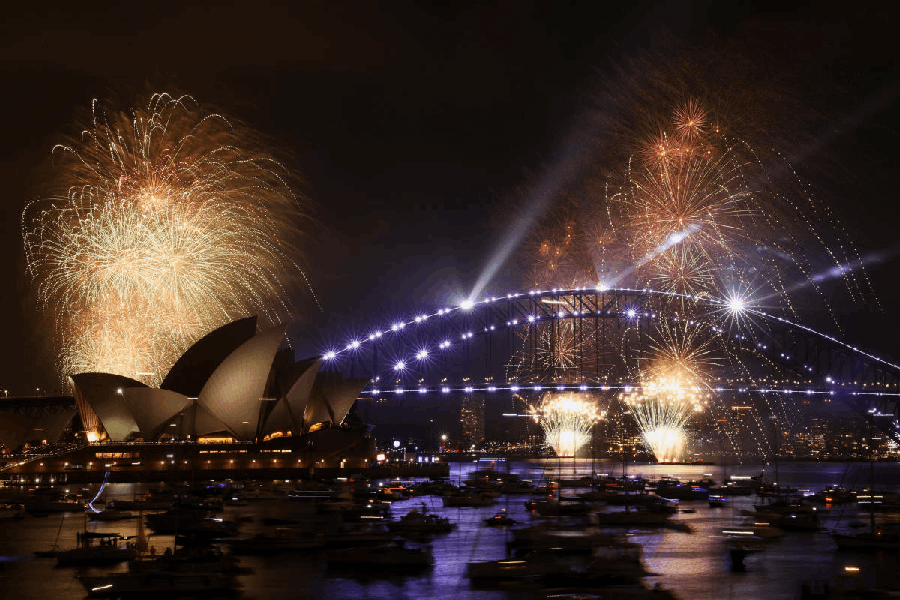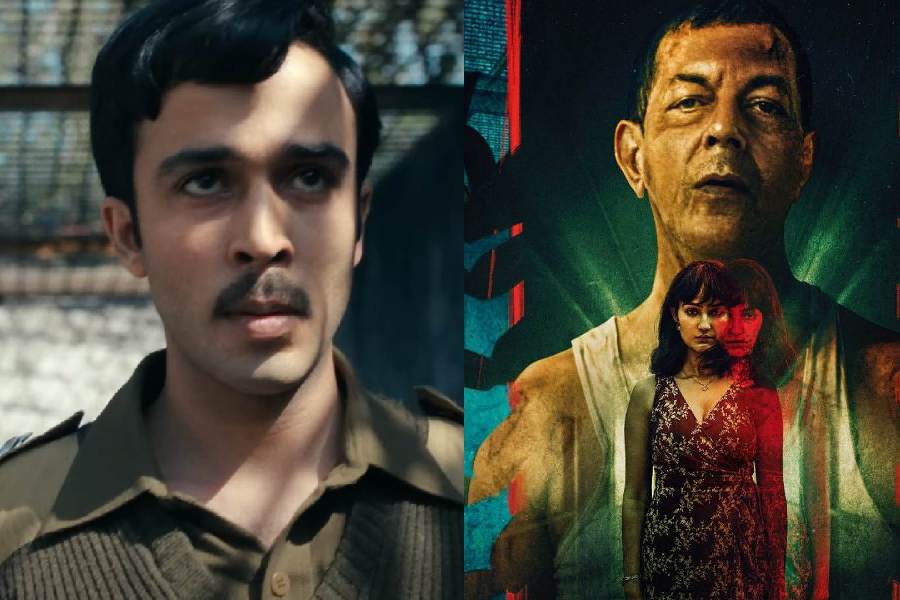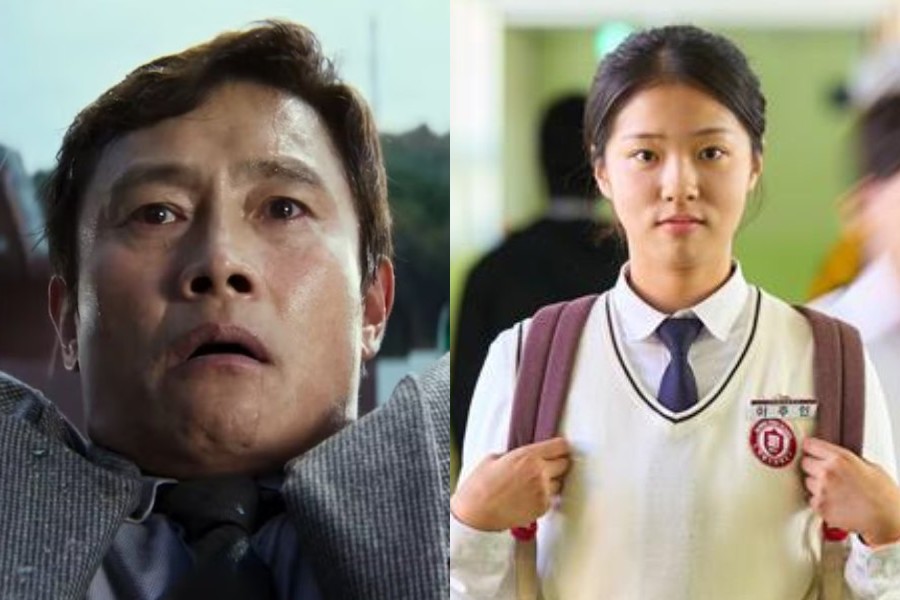 Wednesday, 31 December 2025
Wednesday, 31 December 2025
 Wednesday, 31 December 2025
Wednesday, 31 December 2025
The United Kingdom Friday conferred the honorary Knight Commander of the Order of the British Empire (KBE) to Tata Sons chairman N. Chandrasekaran.
The honour, one of the highest given to foreign nationals by the British monarchy, recognises his contributions to UK-India business relations.
The KBE honour, first established in 1917, has been awarded to several Indians over the years for their contributions in business, music, and industry.
Per Indian government regulations, recipients cannot use the title ‘Sir’. Instead, they are recognised as honorary knights.
Here’s a look at key Indian recipients of the honorary KBE:
N. Chandrasekaran (2025)
N. Chandrasekaran, chairman of Tata Sons, has been recognised for his role in strengthening UK-India business ties. Under his leadership, Tata Group has expanded its operations in the United Kingdom, employing over 70,000 people across sectors such as automotive, technology, and steel.
It is one of the largest employers in the UK’s manufacturing sector. The group owns iconic British brands Jaguar Land Rover and Tetley Tea and has a strong presence in the UK’s tech sector.
Sunil Bharti Mittal (2024)
In 2024, telecom mogul Sunil Bharti Mittal, founder of Bharti Enterprises, was conferred an honorary KBE for his contributions to UK-India trade and investment.
Mittal’s company, Airtel, is one of the largest telecommunications firms in India and Africa. The company has partnered with OneWeb, a UK-based satellite communications company, to expand global broadband access.
Ratan Tata (2009)
Business magnate Ratan Tata, former chairman of Tata Sons, was honoured with an honorary KBE in 2009 for his efforts in fostering UK-India economic relations.
During his tenure, Tata Group made major acquisitions in the UK, such as the £1.3 billion acquisition of Jaguar Land Rover (JLR) in 2008 and the purchase of Corus Steel (now Tata Steel Europe) in 2007.
Ravi Shankar (2001)
In 2001, legendary sitar player Ravi Shankar was awarded an honorary KBE for his contributions to music and cultural exchange.
Ravi Shankar’s influence on Western classical and rock music remains unparalleled, with many crediting him for popularising Indian music across the globe. Shankar played a pivotal role in introducing Indian classical music to Western audiences, collaborating with artists like The Beatles’ George Harrison.
His performances at global platforms such as Woodstock and the Royal Albert Hall helped shape a new wave of musical fusion between the East and the West.
Jamshed J. Irani (1997)
In 1997, Dr. Jamshed J. Irani, former Managing Director of Tata Steel, was conferred an honorary KBE for his contributions to the steel industry.
A pioneer in modernising Indian steel production, Irani played a key role in expanding Tata Steel’s operations in the UK.
Irani was known as the "Steel Man of India", having led Tata Steel into becoming one of the world’s most efficient steel producers.
The Knight Commander of the Order of the British Empire (KBE) is a distinguished rank within the British honours system.
Founded by King George V in 1917, the Order of the British Empire was created to recognize both military and civilian contributions during World War I.
Over time, its scope expanded to honor significant achievements in the arts, sciences, charitable work, and public service.
What is KBE?
While the KBE (Knight Commander of the Order of the British Empire) is a form of knighthood, it is distinct from the traditional ‘Knight Bachelor’ title, which has existed since the Middle Ages and is considered the oldest rank of British knighthood.
Queen Victoria played a significant role in shaping the British honours system, establishing prestigious orders such as the Order of the Star of India (1861) and the Order of the Indian Empire (1878) to honour distinguished service in the British Raj.
Rabindranath Tagore was awarded the title of ‘Knight Bachelor’ in 1915. But in 1919, he renounced his knighthood in protest against the Jallianwala Bagh massacre, making him one of the most famous figures to reject a British honour.
Several other notable Indians were conferred the title of Knight Bachelor before independence, including Jagadish Chandra Bose, C. V. Raman, Muhammad Iqbal, and Syed Ahmed Khan, for their contributions to fields such as engineering, science, law, literature, and social reform.
After independence in 1947, India ceased to recognise British knighthoods and other such titles.







